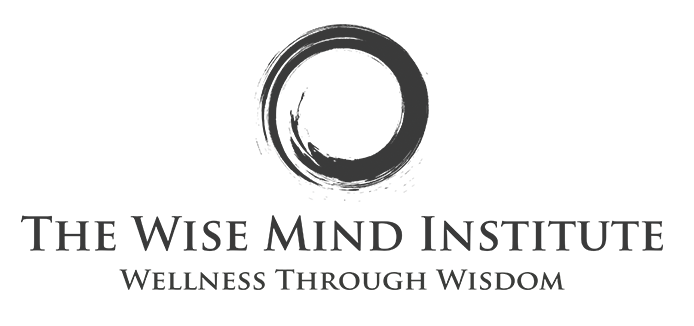
Dialectical Behavior Therapy for Adolescents
Dialectical Behavior Therapy for Adolescents (DBT-A) is an evidence-based therapy for teens ages 14 - 18 needing support in at least three of the following five areas: confusion about self, impulsivity, lack of emotional control, interpersonal problems, and adolescent-family dilemmas. The length of our program is 12 months. Our program is adherent to the research protocols that established evidence for the treatment's effectiveness and includes the following four components:
Individual Therapy - An individual therapist at WMI will meet with the teen weekly or twice a week, depending on the adolescent’s needs, for a 50-minute session.
Multifamily Skills Class - A 90-minute virtual class that meets weekly. The skills cover 5 areas of learning: mindfulness, distress tolerance, emotion regulation, interpersonal effectiveness, and walking the middle path. The adolescent and one or both caregivers are required to attend each class.
Mindfulness skills teach participants to increase nonjudgmental awareness of present experience and to improve attentional control. By learning how to participate fully in the present moment, clients are better able to reduce their own suffering and increase their capacity for pleasure. These skills form the core of the entire skills set, as individuals need these skills to be able to make use of the other DBT skills.
Distress tolerance skills help clients tolerate difficult situations and emotional pain when the problems cannot be solved right away. This module contains two types of distress tolerance skills. The first type is the crisis survival skills. These strategies help one survive the crisis without making it worse through impulsive action. The second set of distress tolerance skills is reality acceptance skills. These help one learn how to fully accept painful circumstances that cannot be changed, rather than avoiding or fighting them in a way that only increases suffering.
Emotion regulation skills address the biological vulnerability to emotion dysregulation. The emotion regulation module primarily addresses the individual, temperamental factors identified in the DBT biosocial theory, and the skills teach participants ways to minimize emotional vulnerability and reactivity and to recover more quickly from extreme mood states.
Interpersonal effectiveness skills focus on building and maintaining positive relationships by teaching specific relationship skills. In turn, improving the quality of one’s relationships will positively affect one’s other skill capacities. The skills highlight four important interpersonal goals: (1) building positive relationships, (2) effectively asking for what one wants or saying “no” to another’s request, (3) maintaining self-respect, and (4) reducing conflict or making peace with others.
Walking the Middle Path skills were created specifically for teens and families. These skills address several issues that arise repeatedly including polarized, nondialectical thinking and behavioral patterns experienced by families with emotionally dysregulated adolescents; a greater need for a focus on validation; and the explicit application of learning principles to self and others. The module emphasizes the dialectical view that opposites can both be true, and that there is more than one way to see a situation or solve a problem.
Phone Coaching - In order to help adolescents and their caregiver(s) generalize the skills they are learning in class to their everyday lives, therapists are available throughout the week for phone coaching. These structured calls last 5-10 minutes and focus on helping to identify and apply the most appropriate skills to a given problem.
Consultation Team - Our DBT therapists meet weekly for two hours to support each other, discuss cases, and ensure that we offer the most effective DBT possible.
